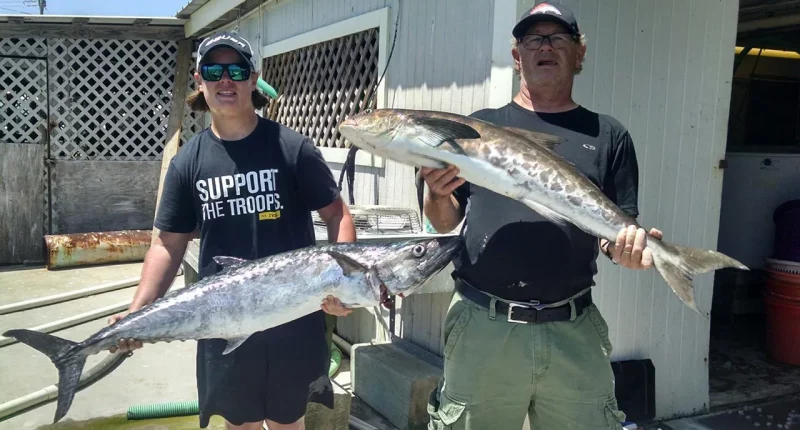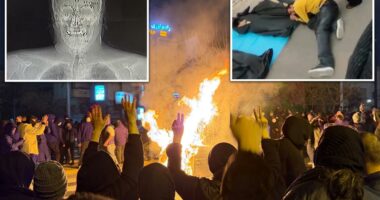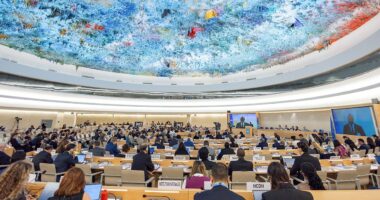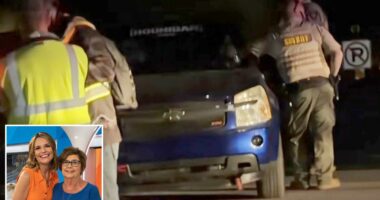Share this @internewscast.com

Officials are intensifying efforts to address the influx of fentanyl through the U.S.-Mexico border, while parents who have lost children to opioid overdoses are raising awareness about the drug’s dangers.
Virginia Gov. Glenn Youngkin and first lady Suzanne Youngkin have initiated numerous campaigns to stem the tide of fentanyl into the state, and statistics indicate progress. According to the Centers for Disease Control and Prevention (CDC), Virginia is experiencing the most significant year-over-year reduction in drug overdose fatalities nationwide.
“Governor Youngkin and his administration’s strategy to combat the fentanyl crisis focuses on four key areas: disrupting drug trafficking, increasing penalties for traffickers, educating the public on fentanyl dangers, and empowering individuals to help save lives in emergencies,” Peter Finocchio, a spokesperson for the governor’s office, conveyed to Fox News Digital. “Awareness is crucial—it takes just one pill to be fatal.”
Virginia has also declared the opioid a “weapon of terrorism,” opening up the legal ability to slap terrorism charges on drug-related offenses.
“There is much more work to be done, but all Virginians are grateful for the leadership of the First Lady and our Fentanyl Family Ambassadors, all of our state agencies, and our amazing federal partners including President [Donald] Trump, Attorney General [Pam] Bondi, Homeland Security Investigations (HSI), U.S. Customs and Border Protection (CBP), and the men and women of the Drug Enforcement Administration,” Youngkin wrote.
As state and federal officials aim to crack down on the drug’s infiltration of communities throughout the country, Muth said the dangers can seep into any family after his son fell victim to a fentanyl overdose.
“There are so many deaths that take place from fentanyl,” Muth said. “My son was not a drug addict. He functioned, he worked, he went to school. Did he have weaknesses at parties? Absolutely, just like all of us do. It’s the everyday person, and that’s the biggest misconception. These are more than drug addicts; they’re human beings that are part of the community, going to school, [my son] was a hockey player. It’s just incredible the different types of people that are passing away from this problem.”

















